Framework to seek "comprehensive normalization"
A day before the start of Serbia's membership negotiations with the European Union, a session of the Foreign Affairs Council of the EU begins in Brussels.
Monday, 20.01.2014.
11:14

BELGRADE A day before the start of Serbia's membership negotiations with the European Union, a session of the Foreign Affairs Council of the EU begins in Brussels. In fact, the Intergovernmental Conference between Serbia and the European Union on Tuesday will be taking place on the sidelines of this gathering. Framework to seek "comprehensive normalization" The Serbian government has expressed its ambition to complete membership negotiations in 2018, and for the country to become a member in 2020. The greatest political challenge in this process will be a normalization of relations between Belgrade and Pristina. The EU is keeping the content of the negotiating framework secret "until the last moment," but the Belgrade-based daily Vecenje Novosti said it had seen the documents ahead of their presentation on Tuesday. According to the daily, the framework seeks "a comprehensive normalization between Serbia and Kosovo and the signing of a legally binding document at the end of that process." EU's stance toward accession negotiations is determined on the basis of three documents, which will be presented tomorrow at the Intergovernmental Conference. EU's position for the opening of negotiations includes political determinants, context and engagement. Among other things, it points out that this will be "a historic event," and that Serbia has achieved the necessary degree of compliance with the membership criteria, "especially fulfilling a key priority of taking steps towards a visible and sustainable improvement of relations with Kosovo." The daily said that the document features the name of the province along with an asterisk. The document seeks achievement of "comprehensive normalization between Serbia and Kosovo and the signing of a legally binding document at the end of that process." The second document contains the negotiating framework itself, which includes principles for conducting the talks, the subject of negotiations and negotiating procedures. Among other things it stressed that the EU expects Serbia to continue to work in full compliance with the criteria and conditions, to fully complete reforms, particularly related to the judiciary, fight against corruption and organized crime, reform of public administration, and to ensure independence of key institutions, media freedom, anti-discrimination and protection of minority groups. Progress will be evaluated on the basis of the Copenhagen criteria, which require stability of institutions guaranteeing the rule of law, the existence of a functioning market economy and the ability to meet obligations stemming from the membership, and also based on the conditions from the Stabilization and Association process "and, ultimately, achievement of normalization of relations with Kosovo." Serbia "must in good faith implement agreements reached so far in the dialogue and fully respect principles of active regional cooperation," the newspaper quoted the document. It also pointed out that "a new principle will apply," based on which one of the first chapters to be opened will relate to the judiciary and fundamental rights, justice, freedom and security - "but, in the case of Serbia, also Chapter 35, which refers to normalization of relations with Kosovo." EU member-states that do not recognize the Kosovo Albanians' unilateral declaration of independence "succeeded during the last Council of Ministers to have the Kosovo issue solved only in the framework of this chapter." "After the changes to the draft negotiating framework, the issue of relations with Kosovo is no longer horizontally connected with the entire process of membership negotiations," the daily quoted Slovak Foreign Minister Miroslav Lajcak as saying. Organization of the negotiations, which determines participants, the pace and place of meetings, preparation of documents and the number and title of negotiating chapters, is the third document that will guide the two sides in the talks. "Politically, Kosovo will not be a hindrance in other chapters, but it is clear that, technically, it will often show up when it comes to statistics and other relevant data," writes the newspaper, and adds: "Belgrade and Pristina will also have to have an approach not to impede each other on the way to the EU." (Beta, file) B92 Vecernje novosti
Framework to seek "comprehensive normalization"
The Serbian government has expressed its ambition to complete membership negotiations in 2018, and for the country to become a member in 2020. The greatest political challenge in this process will be a normalization of relations between Belgrade and Priština.The EU is keeping the content of the negotiating framework secret "until the last moment," but the Belgrade-based daily Večenje Novosti said it had seen the documents ahead of their presentation on Tuesday. According to the daily, the framework seeks "a comprehensive normalization between Serbia and Kosovo and the signing of a legally binding document at the end of that process."
EU's stance toward accession negotiations is determined on the basis of three documents, which will be presented tomorrow at the Intergovernmental Conference.
EU's position for the opening of negotiations includes political determinants, context and engagement. Among other things, it points out that this will be "a historic event," and that Serbia has achieved the necessary degree of compliance with the membership criteria, "especially fulfilling a key priority of taking steps towards a visible and sustainable improvement of relations with Kosovo." The daily said that the document features the name of the province along with an asterisk. The document seeks achievement of "comprehensive normalization between Serbia and Kosovo and the signing of a legally binding document at the end of that process."
The second document contains the negotiating framework itself, which includes principles for conducting the talks, the subject of negotiations and negotiating procedures. Among other things it stressed that the EU expects Serbia to continue to work in full compliance with the criteria and conditions, to fully complete reforms, particularly related to the judiciary, fight against corruption and organized crime, reform of public administration, and to ensure independence of key institutions, media freedom, anti-discrimination and protection of minority groups.
Progress will be evaluated on the basis of the Copenhagen criteria, which require stability of institutions guaranteeing the rule of law, the existence of a functioning market economy and the ability to meet obligations stemming from the membership, and also based on the conditions from the Stabilization and Association process "and, ultimately, achievement of normalization of relations with Kosovo." Serbia "must in good faith implement agreements reached so far in the dialogue and fully respect principles of active regional cooperation," the newspaper quoted the document.
It also pointed out that "a new principle will apply," based on which one of the first chapters to be opened will relate to the judiciary and fundamental rights, justice, freedom and security - "but, in the case of Serbia, also Chapter 35, which refers to normalization of relations with Kosovo." EU member-states that do not recognize the Kosovo Albanians' unilateral declaration of independence "succeeded during the last Council of Ministers to have the Kosovo issue solved only in the framework of this chapter."
"After the changes to the draft negotiating framework, the issue of relations with Kosovo is no longer horizontally connected with the entire process of membership negotiations," the daily quoted Slovak Foreign Minister Miroslav Lajcak as saying. Organization of the negotiations, which determines participants, the pace and place of meetings, preparation of documents and the number and title of negotiating chapters, is the third document that will guide the two sides in the talks.
"Politically, Kosovo will not be a hindrance in other chapters, but it is clear that, technically, it will often show up when it comes to statistics and other relevant data," writes the newspaper, and adds: "Belgrade and Priština will also have to have an approach not to impede each other on the way to the EU."


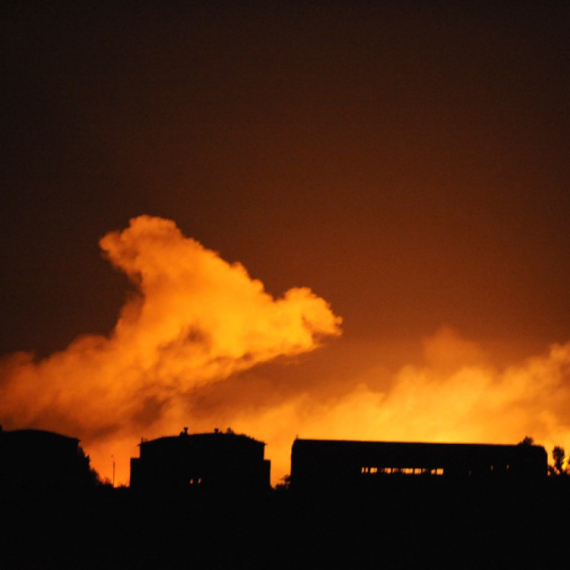
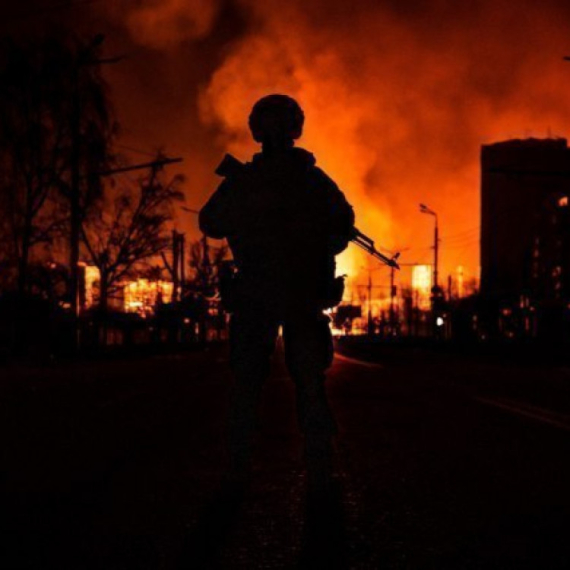
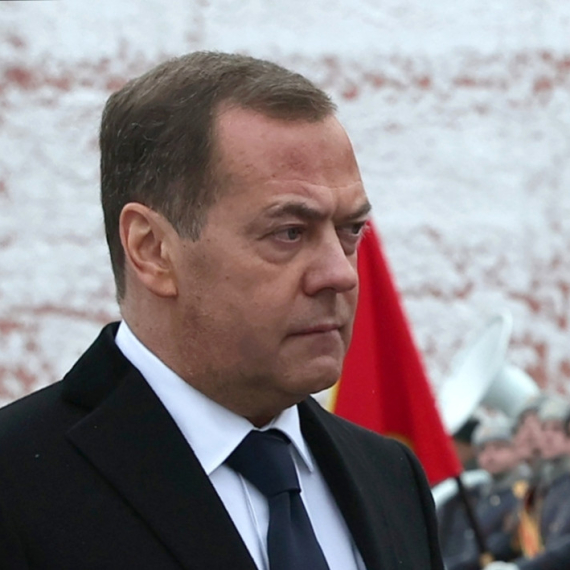

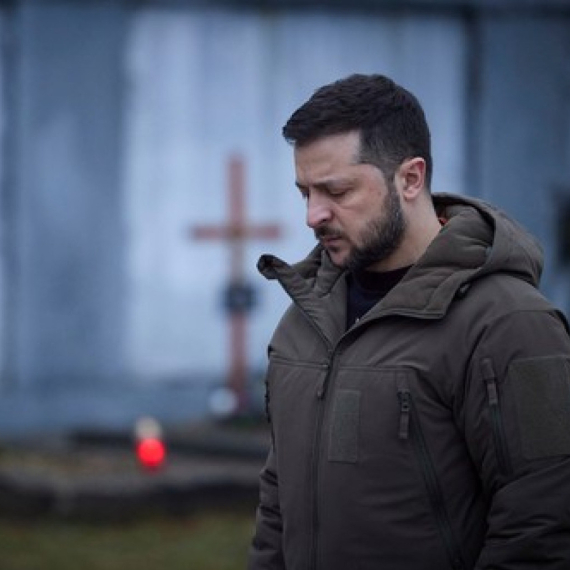




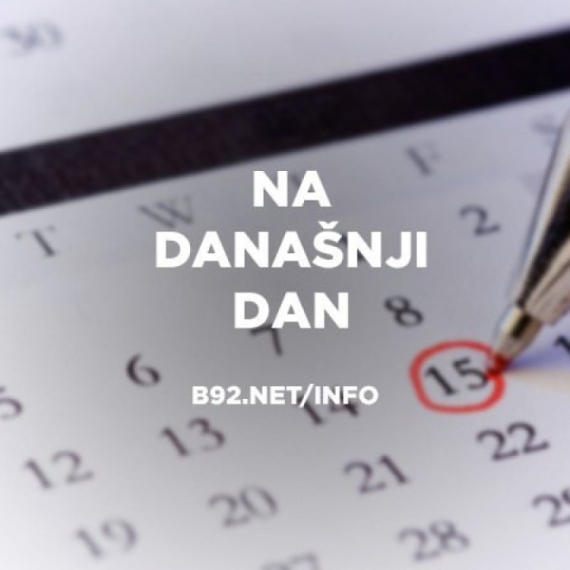





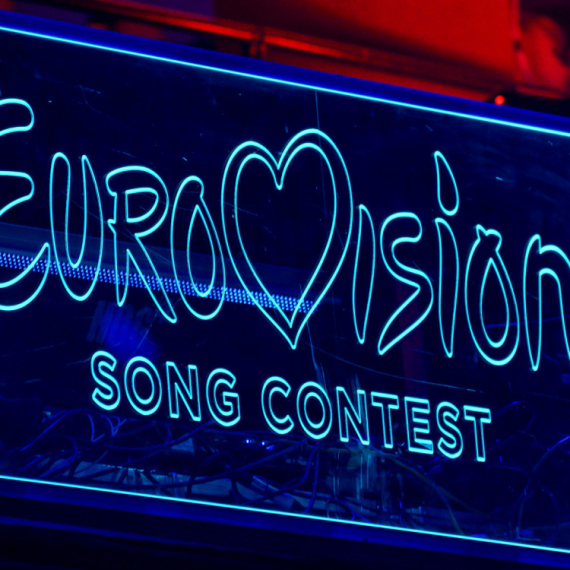










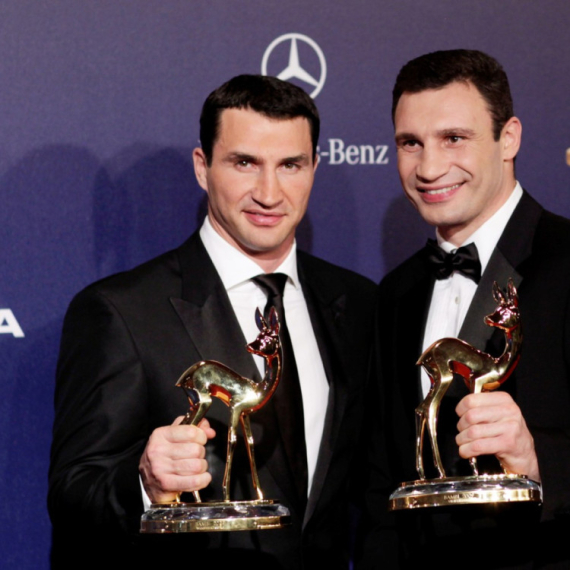








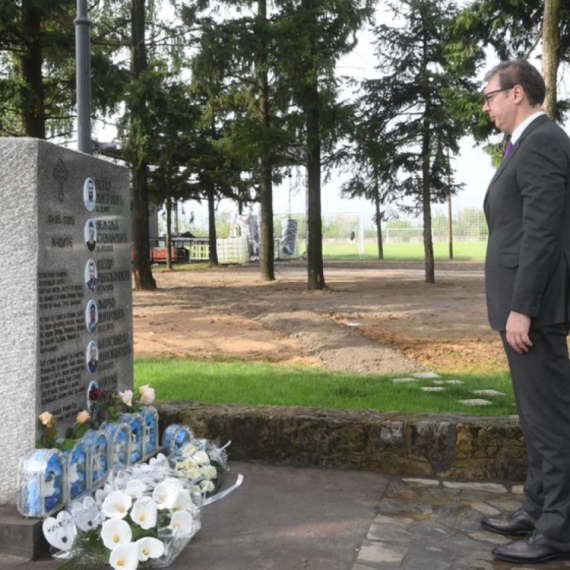

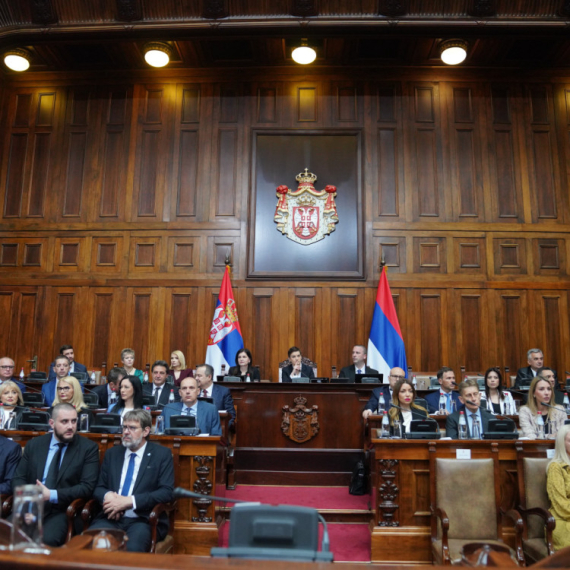

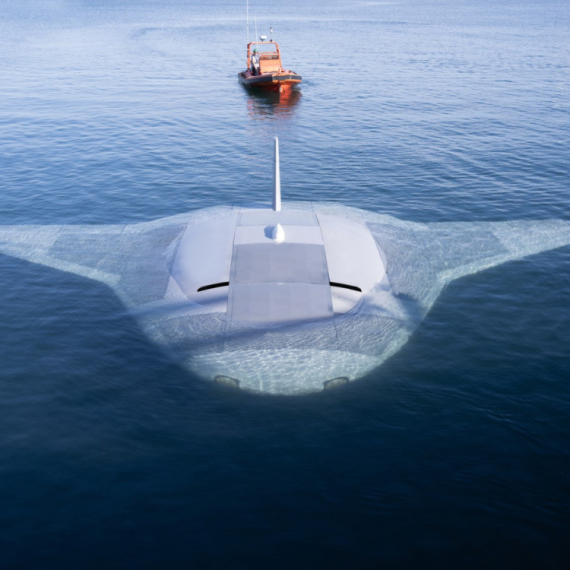
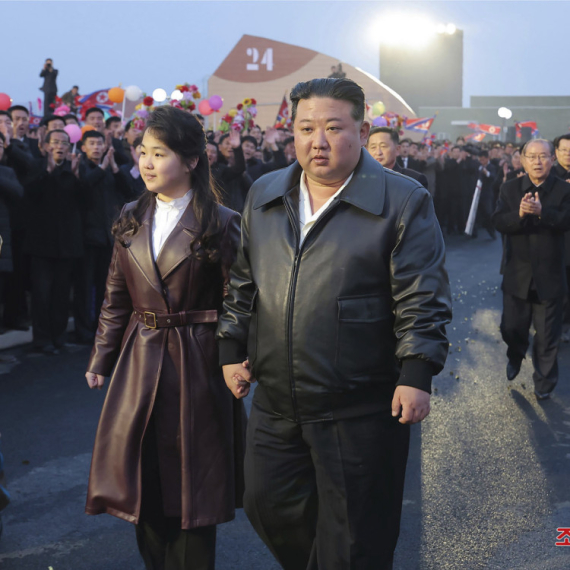

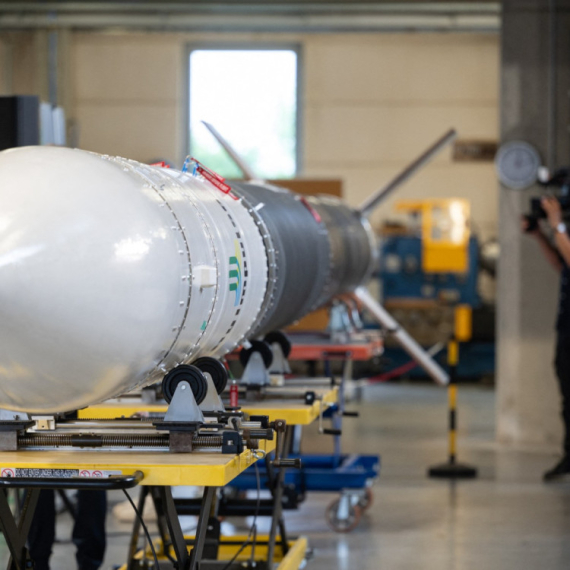






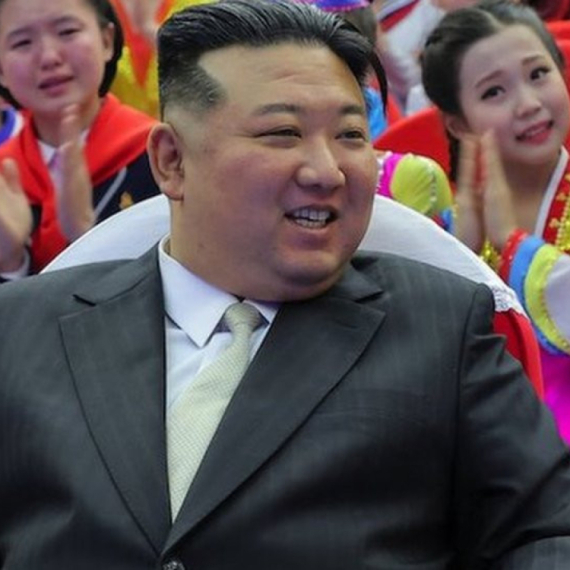
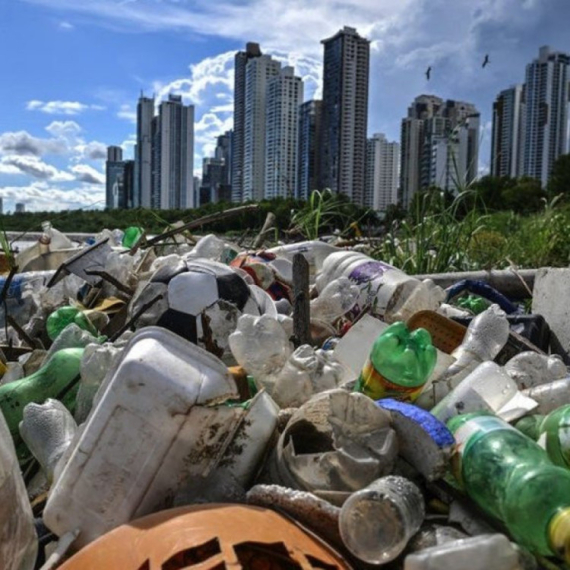
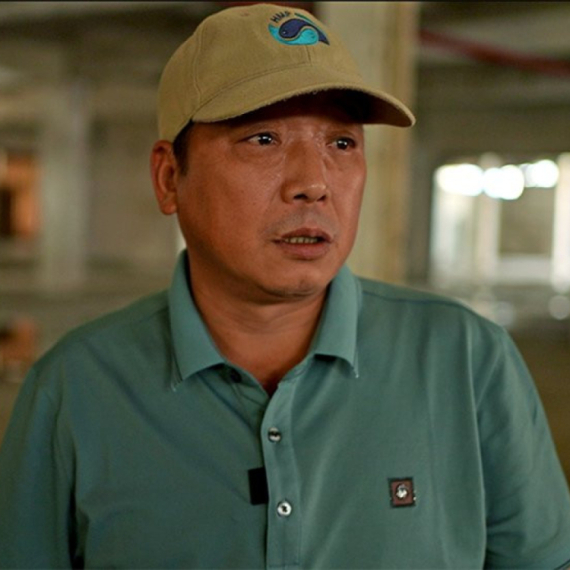

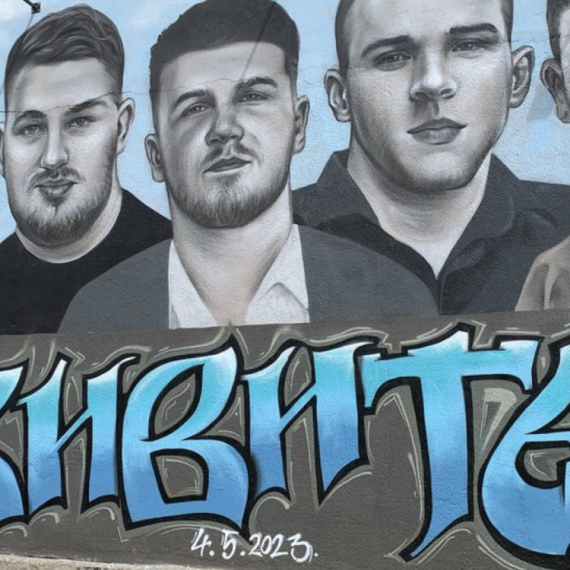

Komentari 3
Pogledaj komentare